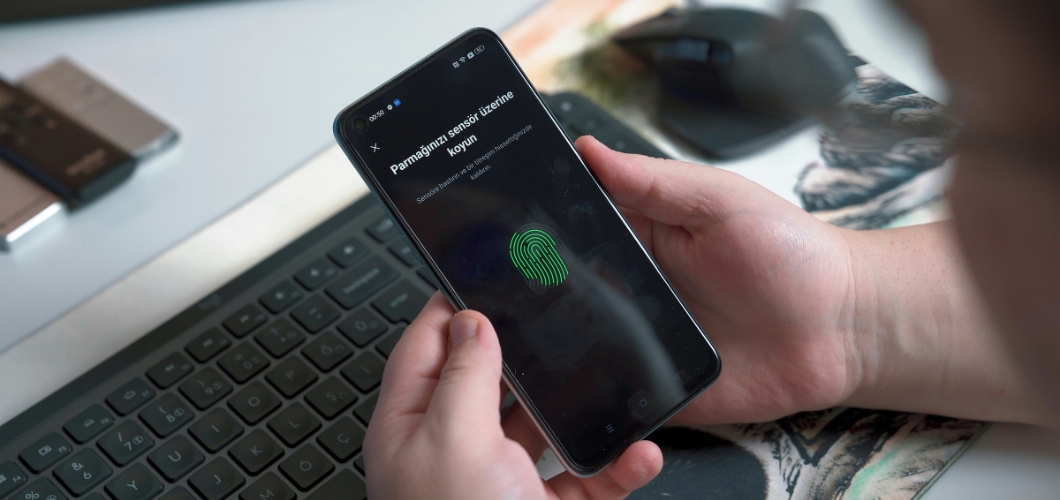Do you constantly forget passwords? Struggle with complex character combinations? Don’t worry. You are not alone here facing such problems. We know that traditional passwords are a major pain point, and their security vulnerabilities are increasingly exposed. But what if there was a more convenient and secure way to verify your identity? Enter biometric authentication, the future of cybersecurity.
Biometric authentication utilizes your unique biological characteristics, like fingerprints, facial features, or iris scans, to verify your identity. Unlocking your phone with a simple fingerprint scan or accessing your bank account is rapidly gaining traction.
Advantages of Biometric Authentication
One of the primary benefits of biometric authentication is its enhanced security. Traditional passwords can be weak or reused across multiple sites, making them vulnerable to cyber-attacks. Biometric authentication eliminates these risks by relying on physical characteristics that are much harder to replicate or steal.
Another advantage is convenience. Users no longer need to remember complex passwords or go through the hassle of password resets. A simple fingerprint scan or facial recognition can quickly grant access, streamlining the user experience.
Biometric Authentication in Everyday Life
Biometric authentication is already making its way into everyday life. Smartphones equipped with fingerprint sensors or facial recognition are common, offering users a quick and secure way to unlock their devices. Financial institutions are also adopting biometric authentication to secure online banking and payment systems, providing an extra layer of security for sensitive transactions.
Challenges and Considerations
Despite its advantages, biometric authentication is not without challenges. Privacy concerns are significant, as biometric data is highly personal and, if compromised, cannot be changed like a password. Ensuring the secure storage and handling of this data is crucial.
There is also the issue of accessibility. Not all individuals can use certain biometric systems, such as fingerprint scanners, due to physical limitations. Thus, alternative authentication methods must be available to ensure inclusivity.
The Future of Biometric Authentication
The role of biometric authentication in cyber security is set to expand. As technology advances, we can expect more sophisticated and diverse biometric systems, such as vein pattern recognition and behavioral biometrics, which analyze unique patterns in how we type or move.
By integrating biometric authentication with other security measures, like multi-factor authentication, we can create a more robust and resilient defense against cyber threats. This multi-layered approach will be essential as cyber attacks continue to evolve.
In conclusion, biometric authentication represents a significant leap forward in cyber security. Its ability to provide secure, convenient, and efficient access control makes it a compelling solution for the future. As we navigate the digital age, embracing biometric authentication will be key to safeguarding our data and identities.



